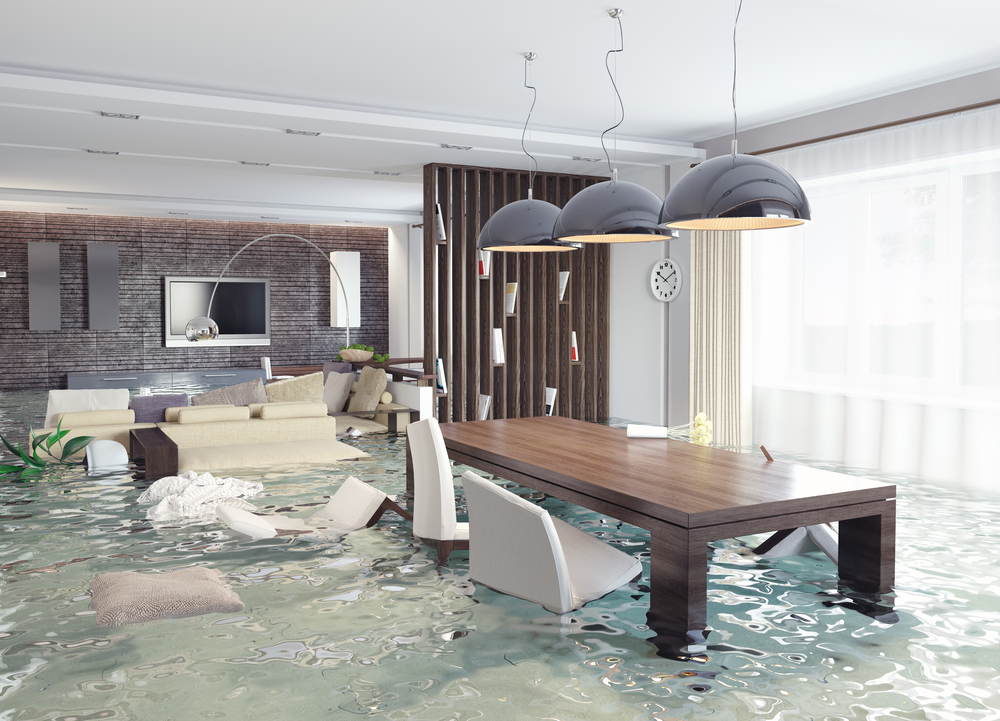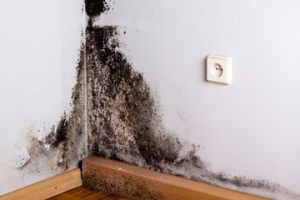A home insurance policy may have ambiguous wording about what it will and will not cover regarding mold damage, making it hard for you to determine what will be covered if you discover mold in your home.
When Insurance Companies Will Cover Mold Damage
Most of the time, an insurance policy will only cover mold damage if it is the result of something else the policy covers, like water damage. Some scenarios include:
· Fire
· Lightning
· Vandalism or malicious mischief
· Damage caused by vehicles
· Theft
· Falling objects
· Weight of ice, snow, or sleet
· Accidental discharge or overflow of water or steam from plumbing, heating, air conditioners, sprinkler systems, or household appliances
· Frozen pipes
When Insurance Companies Won’t Cover Mold Damage
If the mold is caused by what the insurance company sees and neglect, then they will not pay for the claim; this includes a minor leak that eventually caused mold to grow, or not using a dehumidifier in a humid climate. Unless you have purchased flood insurance, mold caused by a flood may also not be covered by insurance. Some of the things they will not cover include:
· If the basement floods and you do not notice right away
· Roof problems allowed water to get in
· Mold forms in the shower
· Your bathtub has a small leak that over time causes mold to grow
Costs of Removing Mold
If the mold is the result of something like a pipe bursting, an insurance policy may cover its removal. However, they may not cover the entire cost to remove the mold. You can usually purchase additional mold coverage, but it can be expensive to obtain, especially in a mold prone state like Florida, which is the exact environment mold needs to thrive.
Removing mold can cost thousands of dollars, so even if the circumstances of the mold in your home are something your policy will cover, many insurance companies have a maximum limit they will pay for mold removal; often not more than $10,000, knowing that mold removal can cost up to $30,000 if it is severe enough.
The reason that mold removal can be so expensive is because of the health hazards mold presents; not only to you and your family living in it, but also to those who are tasked with removing the mold from your home.
Other things that can impact the price for removing the mold are the type of mold and how far spread the mold is.
What to do if You Find Mold
If you find mold in your home, these are the things you can do:
· Turn off water in the affected area.
· Photograph the damage.
· Clean up excess water and work on drying the area. Do not clean up the mold, it will affect your ability to make an insurance claim.
· Contact your public adjuster before contacting your insurance company.
While you are waiting for your insurance company to make a decision on your claim, do not make any repairs except for minor ones to attempt to mitigate further damage. Avoid the affected area as much as possible.




 Storm Damage
Storm Damage  Property Damage
Property Damage Appraisal Services
Appraisal Services Contact Us
Contact Us




.jpg)
 claims@ucspa.com
claims@ucspa.com Mon-Fri: 9:00am-5:00pm
Mon-Fri: 9:00am-5:00pm